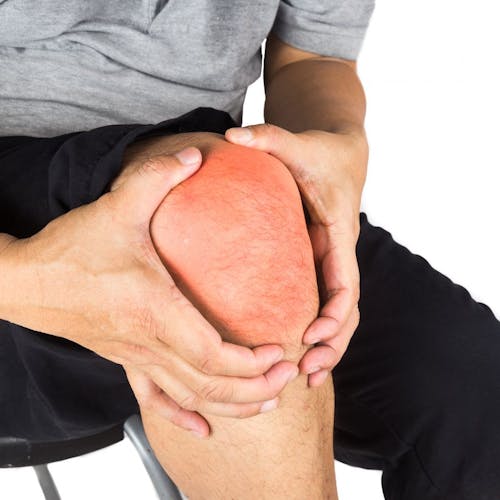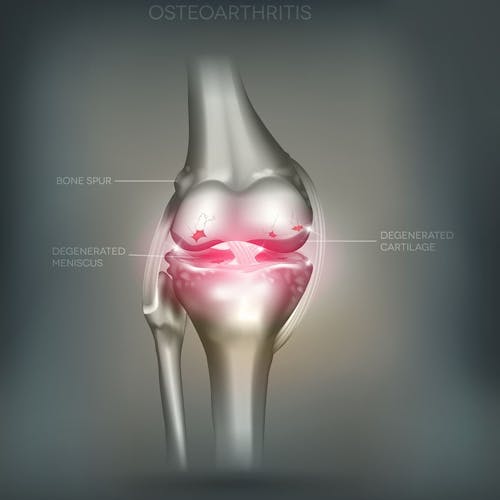-
Joint pain is a very common condition that we treat on a daily basis. One of the many treatment techniques physical therapy professionals are trained to use is a technique called joint mobilization. Joint Mobilization is utilized to relieve joint pain, improve mobility, and improve physical function (the ability to walk and move).
Types of Joint Mobilization
There are a number of techniques to mobilize (move) joints in the body. These mobilization techniques often have specific names derived from the clinicians that created and successfully tested them on patients.
Examples of some techniques are:
- IASTM or Instrument Assisted Soft Tissue Mobilization
- Mulligan Manual Therapy or mobilization with movement
- Neural Tension Mobilization – specialized techniques to move nerves
- Graded Mobilizations – low velocity movement techniques with various amplitudes
- Manipulation – high velocity, low amplitude thrust at or near the end-range of joint mobility
Details About a Specific Type of Mobilization – Manipulation
Spinal manipulation—sometimes called “spinal manipulative therapy”—is utilized by physical therapists here at our practice. We perform spinal manipulation by using our hands or a device to apply a controlled force to a joint of the spine. The amount of force applied depends on the form of manipulation used. The goal of the treatment is to relieve pain and improve physical functioning.
Side Effects and Risks
Reviews have concluded that spinal manipulation for low-back pain is relatively safe when performed by a trained and licensed practitioner. The most common side effects are generally minor and include feeling tired or experiencing temporary soreness.
Tell all of your health care providers about any complementary health practices you use. Give them a full picture of what you do to manage your health. This will help ensure coordinated and safe care.
Get Started Today – Give Us a Call (718) 746-8757
Mobilization & Manipulation may be an appropriate treatment for your condition. Contact us to set up an initial evaluation and we will provide you with a detailed and personalized treatment plan that may involve joint mobilization and/or manipulation.
-
Physical therapists (PTs) are experts in the art and science of the evaluation and treatment of human movement dysfunctions. We care for people of all ages and treat a variety of muscle, joint and neurological conditions.
Conditions we have successfully treated:
- Joint Pain
- Osteoarthritis
- Rheumatoid Arthritis
- Knee Arthritis
- Hip Arthritis
- Shoulder Arthritis
- Hand Arthritis
What are my treatment options?
- Drugs
- Epidural Injections
- Surgery
- Physical Therapy*
Advantages of Physical Therapy:
- No side effects.
- Cost-effective.
- Supported by clinical research*.
- Customized to treat the underlying cause.
Your Recovery Process:
- Recovery of Joint Motion
- Recovery of Strength
- Pain Relief
- Improved Function
- Independent Care
Components of Your Care:
- A thorough biomechanical evaluation.
- Extensive patient education.
- A customized treatment plan.
- Effective joint mobilization techniques to decrease joint stiffness.
- Pain-relieving modalities such as ice, heat, ultrasound or electrical stimulation.
- Targeted stretching for tight muscles.
- Progressive strength training.
- Balance and functional re-education.
Everyone is different. You may require one or two visits, or an extended care plan over several weeks or months. If you’re ready for relief, and tired of “masking” your pain, treat the cause, not just the symptoms!
* Physical therapy techniques are recommended for arthritis of the knee, hip, shoulder, and hand. Physical Therapy 2005 85: 907-971; Physical Therapy 2004 84: 934-972.


